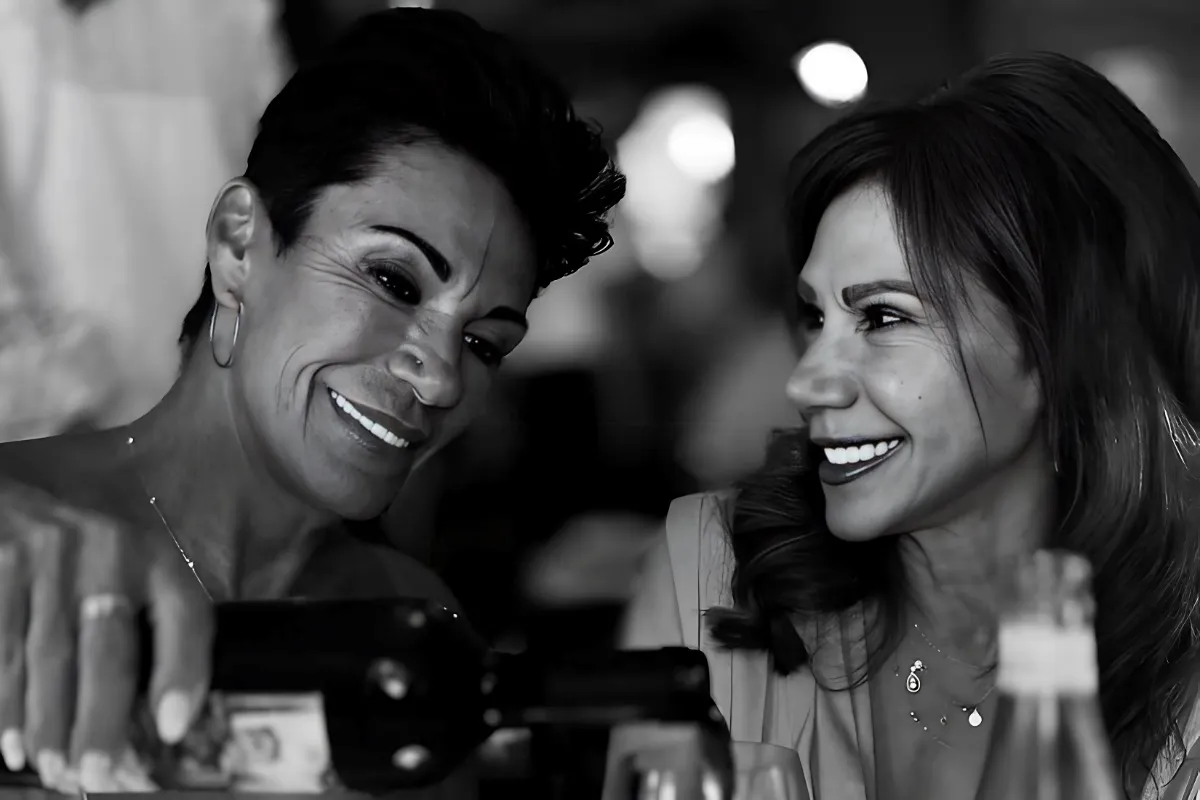
For many, Netflix’s The Crown introduced the fascinating yet largely unknown story of Princess Alice, mother of the late Prince Philip. Her life, as Royal Biographer Hugo Vickers puts it, is more extraordinary than any fictional narrative. While the series brought renewed attention, Vickers’ book, Alice, offers a deeper, more accurate portrayal of a woman whose selflessness and resilience defined her.
Hugo Vickers, a seasoned royal expert, was personally approached to write Princess Alice’s biography. It all began with a call from Prince Philip’s private secretary, who tasked him with documenting the life of this remarkable woman. The project was supported by Prince Philip’s sisters and Queen Elizabeth herself, while Prince Philip required some persuasion. Vickers gained unprecedented access to archives, family records, and even interviews with Prince Philip, which allowed him to paint a vivid picture of Alice’s life.

Princess Alice’s story is one of overcoming adversity. Born in 1885 in the presence of Queen Victoria, Alice faced challenges from the start. She was born deaf, and her mother insisted that no concessions be made to accommodate her. Alice learned to lip-read in multiple languages, often overcoming attempts by others to obscure their words. Her early life was shaped by her determination to communicate and connect, despite her disability.
Alice’s life took her to Greece, where she married Prince Andrew of Greece and Denmark. Life as Greek royalty was fraught with upheaval, including wars, political instability, and repeated exiles. Alice served as a nurse during the Balkan Wars, showcasing her dedication to helping others, even in the most tumultuous circumstances.
However, her life took a darker turn after the family’s exile to Paris. She suffered a breakdown and was diagnosed with paranoid schizophrenia, spending years away from her family. During this time, young Prince Philip, her son, saw little of her—seven years passed without significant contact. Vickers notes that even Prince Philip knew little about his mother’s struggles during his childhood.
Alice’s diagnosis is still debated today. Vickers acknowledges that while her behavior may have seemed erratic, it was likely influenced by the immense trauma she endured. Her aunts, the Russian Tsarina and Grand Duchess Elizabeth, were murdered during the Russian Revolution, and much of her extended family lost their wealth and status. Despite these hardships, Alice eventually recovered and dedicated her life to religious service, founding an Orthodox nursing order.
Later in life, Alice returned to England and lived at Buckingham Palace in 1967. Queen Elizabeth made efforts to connect with her mother-in-law, often dining with her, while Princess Anne formed a particularly close bond with her grandmother. Alice’s eccentricities, including her choice to wear nun-like robes, became endearing to those around her, though not everyone understood her. The Queen Mother, for instance, had a more distant relationship with Alice, as Vickers recalls from his conversations with her.
Vickers also sheds light on Prince Philip’s character, describing him as disciplined and formidable. While their initial meeting was intimidating, Vickers ultimately admired Philip’s straightforwardness, work ethic, and ability to inspire loyalty in those around him. The biography received Philip’s approval after he reviewed the manuscript with his characteristic bluntness, often marking the margins with comments like “rubbish” or “nonsense.” Despite this, his feedback helped refine the book, ensuring it captured the essence of Alice’s life.
As royal figures increasingly choose to tell their own stories through memoirs, Vickers believes there’s still a place for biographers who can offer a nuanced, well-researched perspective. His work on Alice serves as a testament to the importance of preserving these historical narratives and understanding the human stories behind the crown.
Princess Alice’s life, marked by resilience, selflessness, and a commitment to service, remains an inspiration. Hugo Vickers’ biography ensures her legacy is remembered in all its complexity, offering readers a glimpse into the extraordinary journey of a woman who quietly shaped history.



